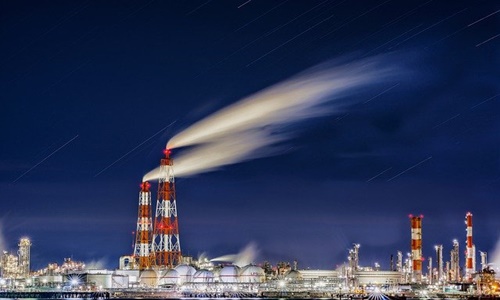
A new analysis has reportedly found that burning the remainder of the world’s known fossil fuel reserves would lead to more global warming emissions than the overall emissions that have happened since the industrial revolution.
According to reports, this would easily blow off the total of the remaining carbon budget before the human civilization is exposed to catastrophic planet heating.
If world governments permit known oil, gas, and coal reserves to be extracted and used, a massive 3.5 tons of GHG (greenhouse gas) will be emitted into the atmosphere, says the study, which has been labelled as the first public fossil fuel production database.
The repository, which covers close to 75% of the world’s energy production, has revealed that Russia and the U.S. each possess fossil fuel reserves that are sufficient to single-handedly burn through the remainder of the world’s total carbon budget before planet earth crosses the 1.5oC (2.7oF) limit of heating.
Subsequently, among all nations, there is sufficient fossil fuel to burn the budget over by seven times, tipping ecosystems and people into cataclysmic heatwaves, drought, floods, and other unprecedented impacts.
Although governments have agreed to limit global heating to 1.5oC as per the Paris Agreement on climate change, many have largely refused to actively cease the operations of new fossil fuel plants or halt their leases.
Carbon Tracker Initiative Founder, Mark Campanale, pointed out that governments are offering new permits or licenses for coal, decoupling from their climate commitments completely. Interestingly, the Carbon Tracker Initiative plans to launch the new Global Registry of Fossil Fuels in collaboration with the Global Energy Monitor.
As per estimates from scientists, the world has the margin to only emit 400 to 500 billion more tons of GHGs for it to have a fair chance of preventing 1.5oC or more of global warming. This involves the reduction of emissions by half around the end of this decade before bringing them to zero by 2050.
Source credit: https://www.theguardian.com/environment/2022/sep/19/world-fossil-fuel-reserve-greenhouse-gas-emissions







